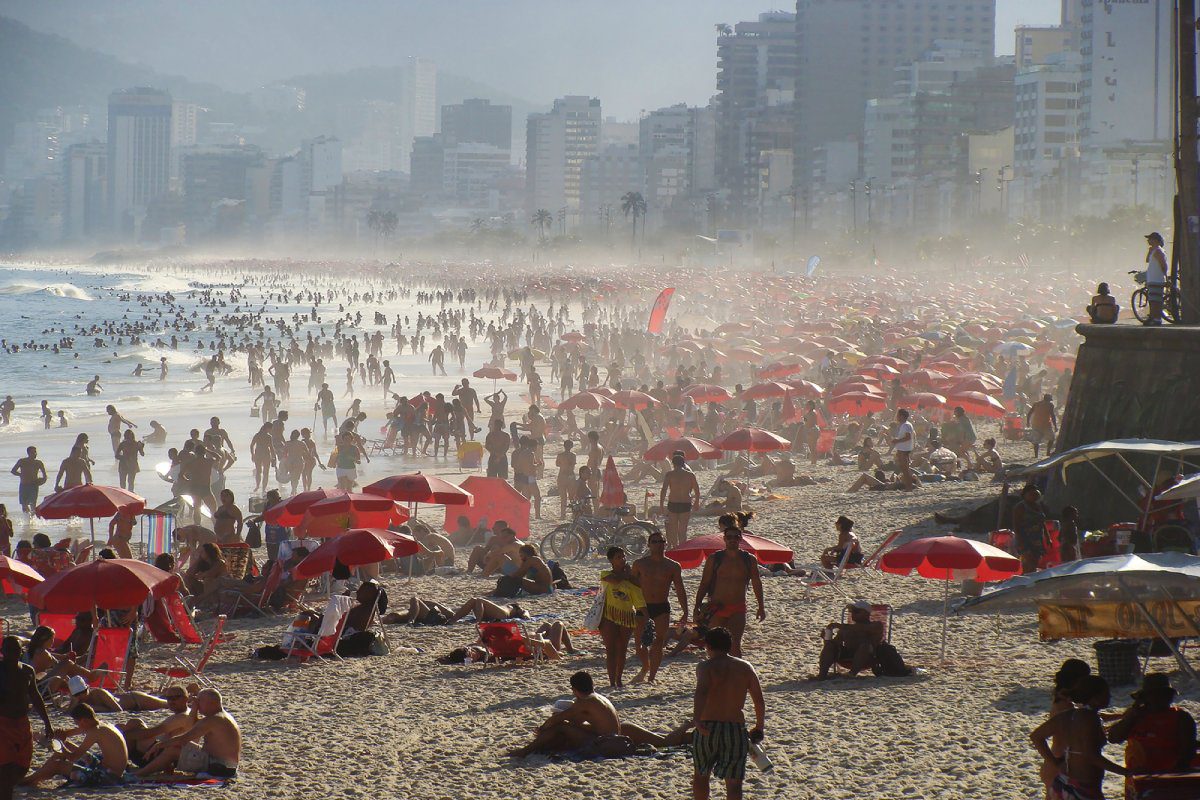A Brazil Proposal to Privatize Beaches for Hotels and Developers Roils Locals

Skift Take
A bill being considered in the Brazilian legislature with a controversial provision to dedicate portions of Brazil’s beaches to private sector tourism development is being met with some resistance. The controversy represents a potential roadblock for a privatization movement in South America's largest country to grow its tourism industry.
Under Brazil’s constitution, all beaches are required to be open to the public. The legislation would carve out 10 percent of the country’s beaches — around 800 kilometers of shoreline in total — in each coastal city for exclusive use by hotels and other private sector developers.
”It says every coastal cities will take some areas and use it for the private sector and big hotels,” said Ronaldo Christofoletti, a marine professor at the Federal University of São Paulo and
